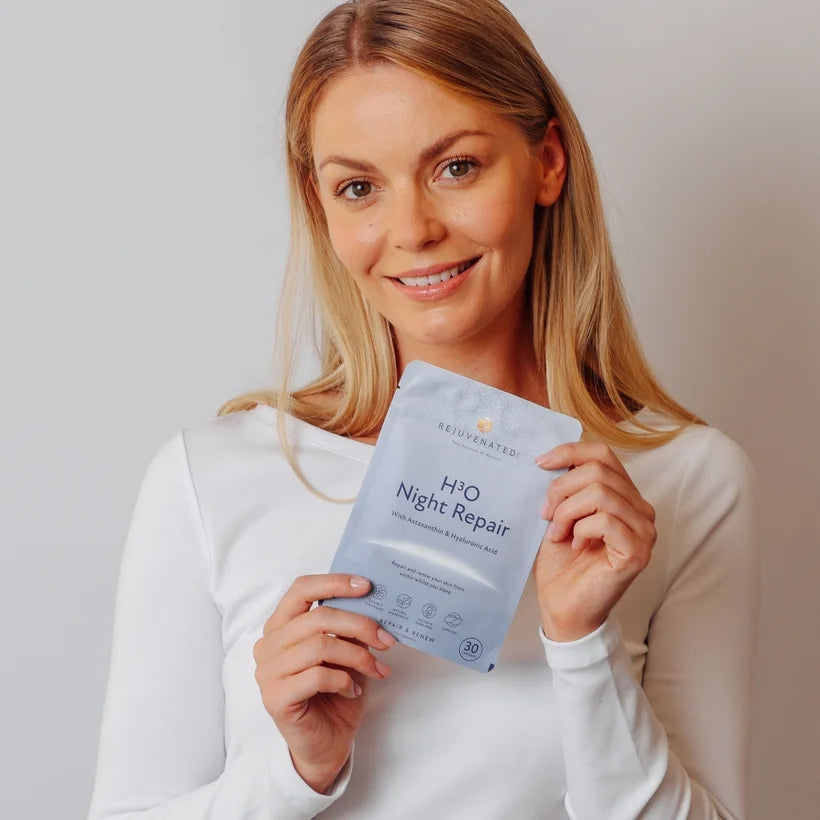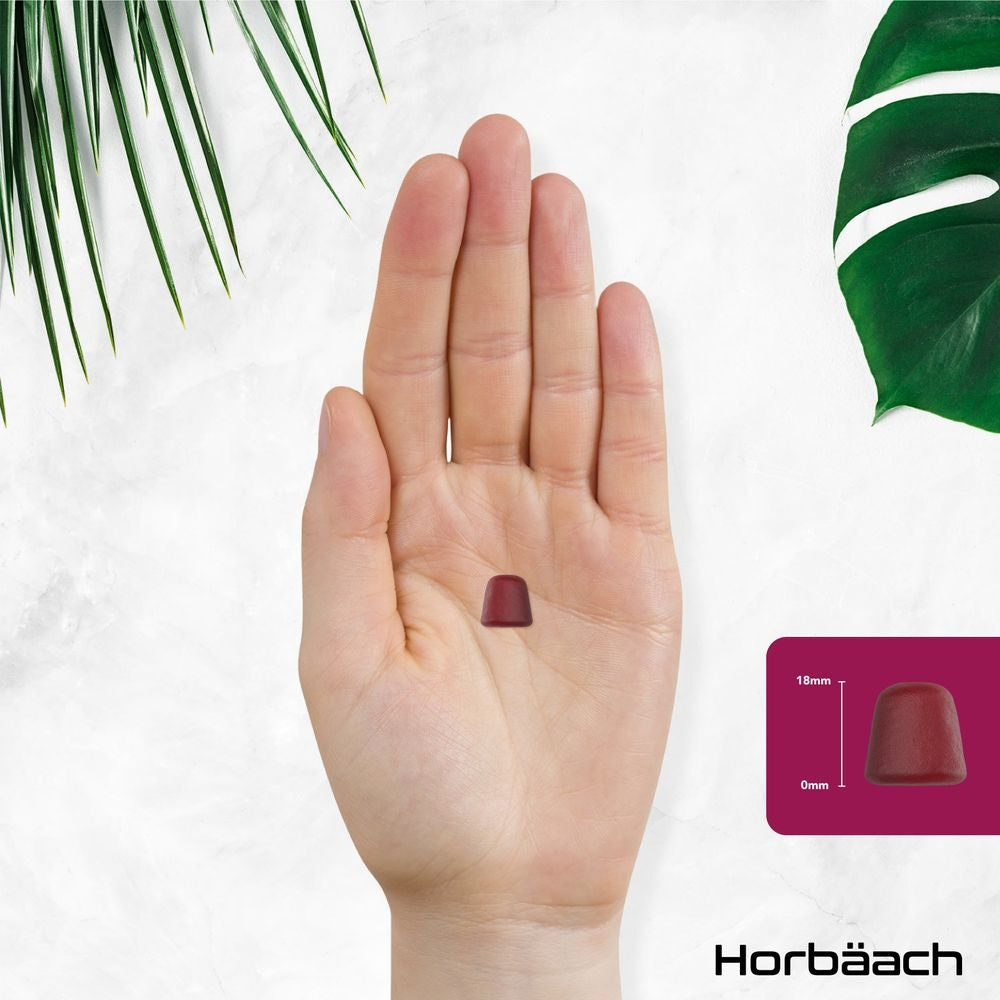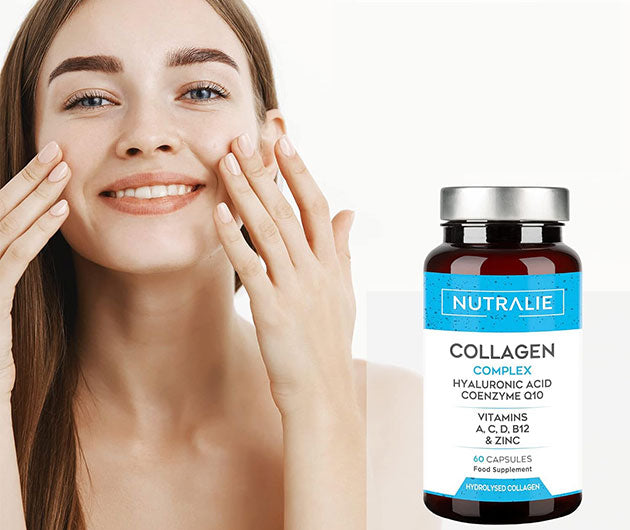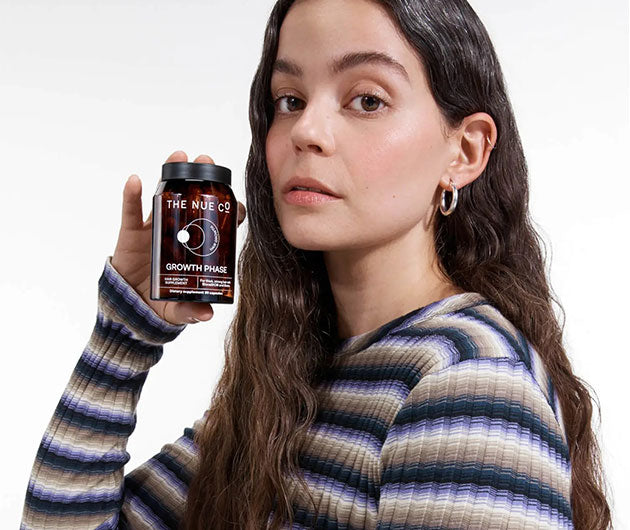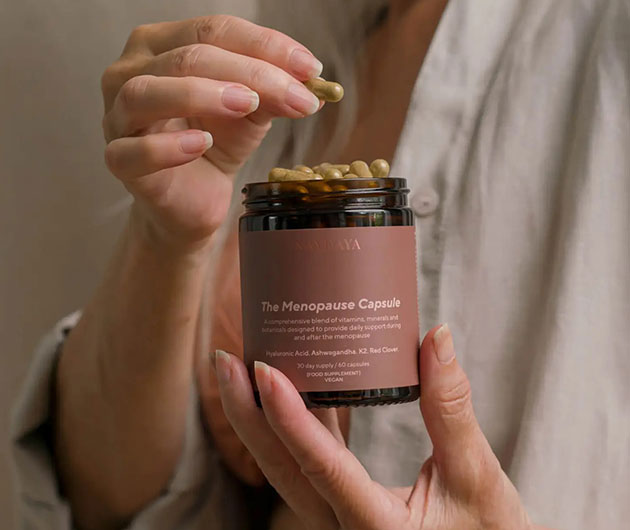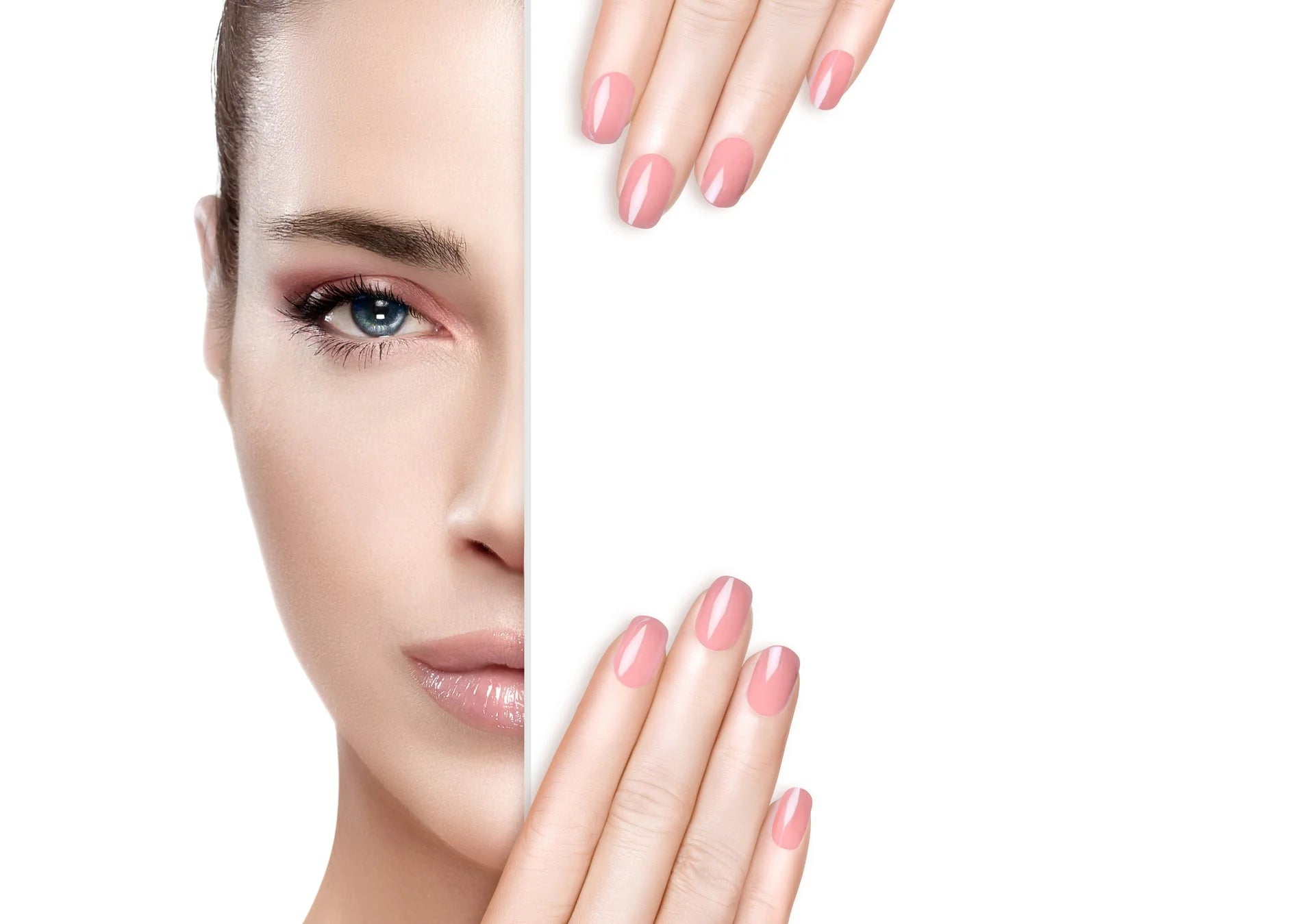
Hair Growth Supplements: Do They Really Work for Stronger, Healthier Hair?
Thick, shiny, and healthy hair is something many of us desire—but factors like stress, poor nutrition, hormonal imbalances, and aging can all lead to thinning or excessive hair fall. While shampoos, serums, and oils play an important role in external care, true hair health starts from within. That’s where hair growth supplements come in.
But do they actually work? Let’s break down how supplements support hair growth, which ingredients to look for, and how to choose the right ones for your needs.
Why Do We Lose Hair?
Before jumping into supplements, it’s important to understand why hair thinning happens:
-
Nutrient deficiencies (iron, vitamin D, biotin)
-
Hormonal changes (thyroid imbalance, PCOS, menopause)
-
Stress & lifestyle factors (poor sleep, high stress, crash diets)
-
Genetics (hereditary hair loss)
-
Aging (weaker follicles over time)
Supplements can’t change your genetics, but they can correct deficiencies and give your hair follicles the fuel they need to grow.
Key Supplements for Hair Growth
-
Biotin (Vitamin B7)
Known as the “hair vitamin,” biotin strengthens keratin (the protein that makes up hair, skin, and nails). Deficiency can lead to brittle hair and breakage. -
Collagen
Collagen peptides provide amino acids that support hair follicle strength and elasticity, making hair less prone to breakage. -
Vitamin D
Low vitamin D levels are strongly linked to hair loss, especially in women. It stimulates new follicles and keeps existing ones active. -
Iron
Iron deficiency (common in women) reduces oxygen supply to hair follicles, leading to shedding. Supplements help restore growth. -
Zinc
Essential for tissue repair and hair follicle function. Zinc deficiency often shows up as thinning hair. -
Omega-3 Fatty Acids
These healthy fats nourish hair follicles, reduce inflammation of the scalp, and add shine. -
Saw Palmetto
A natural DHT blocker (the hormone linked to pattern hair loss in both men and women). -
Multivitamins
A broad-spectrum multivitamin ensures your body isn’t missing any essential nutrients for hair health.
How Long Do Hair Supplements Take to Work?
Hair grows in cycles, so results aren’t instant. On average:
-
3–6 months to notice reduced shedding
-
6–12 months for visible thickness and length improvement
Consistency is key—taking supplements daily is more effective than stopping and starting.
Are Hair Growth Supplements Safe?
For most people, supplements are safe when taken as directed. However:
-
Overdosing (especially iron or vitamin A) can cause side effects.
-
Always check with a doctor before starting if you have medical conditions or are on medication.
-
Choose clinically tested, high-quality supplements for best results.
Other Tips to Boost Hair Growth
-
Eat a protein-rich diet (lean meats, beans, eggs, nuts).
-
Stay hydrated for scalp health.
-
Manage stress with yoga, meditation, or exercise.
-
Use a gentle shampoo and conditioner—avoid harsh sulfates.
-
Limit heat styling and chemical treatments.
Conclusion
Hair growth supplements aren’t a magic fix, but they can play a powerful role in supporting strong, healthy, and thicker hair when combined with good nutrition and lifestyle habits. If you’re struggling with hair fall or thinning, adding the right supplement to your routine could be the missing piece in your haircare journey.

